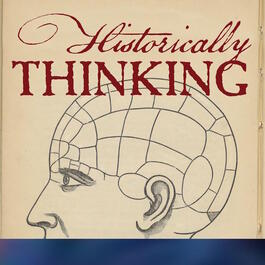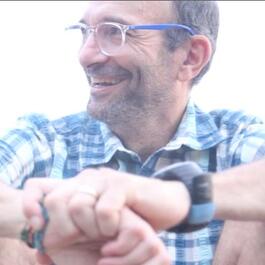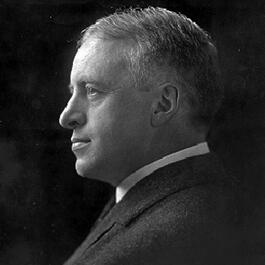
Historically Thinking
We believe that when people think historically, they are engaging in a disciplined way of thinking about the world and its past. We believe it gives thinkers a knack for recognizing nonsense; and that it cultivates not only intellectual curiosity and rigor, but also intellectual humility. Join Al Zambone, author of Daniel Morgan: A Revolutionary Life, as he talks with historians and other professionals who cultivate the craft of historical thinking.
Show episodes

Lady Frances Berkeley/Amy Stallings: Bacon’s Rebellion, Colonial Virginia, and First-person Historical Interpretation
In this episode of Historically Thinking, we begin not with a historian’s voice, but with the voice of a seventeenth-century woman. Lady Frances Culpeper Berkeley—born in England, twice widowed, and married in 1670 to Sir William Berkeley, governor of Virginia—speaks from the midst of crisis. Jamestown has burned. Nath

The Party's Interests Come First: Joseph Torigian on the Life of Xi Zhongxun, Father of Xi Jinping
According to Chinese Communist official Xi Zhongxun, his first revolutionary act was an attempt to poison one of his school’s administrators when he was 14. He was faithful to the revolution, and the Chinese Communist Party, until his death at age 88 in 2002. In between those ages was a remarkable life. He fought Natio
The red flowered plant that shows up everywhere at this time of year–I saw a forest of them in Wegman’s this morning– is called in Mexico the cuetlaxochitl, or the noche buena; but Americans know it by as the namesake of man who introduced it to the United States: poinsettia. Yet Joel Roberts Poinsett was a more intere
The Greek philosopher Plato is famous for writing his teachings in the form of dialogues. But there are additionally a series of seven letters attributed to Plato. Over the centuries much ink has been spilt in arguments over their authenticity. My guest today argues that these letters are actually epistolary philosophi

Vector: Robyn Arianrohd on the Surprising Story of Space, Time, and Mathematical Transformation
On October 16, 1843, William Rowan Hamilton was taking a walk with his wife Helen. He was on his way to preside over a meeting of the Royal Irish Academy. As Hamilton came to Broome Bridge, over the Royal Canal, the solution to a vexing problem finally emerged in front of him. He was so excited, and perhaps so afraid t

Oral History: Douglas A. Boyd explains the basics of the oldest—and newest—historical method
“Oral history is a field of study and a method of gathering, preserving, and interpreting the voices and memories of people, communities, and participants in past events.” That is the definition provided by no less an authority than the Oral History Association. And yet this brief, simple, and seemingly authoritative


